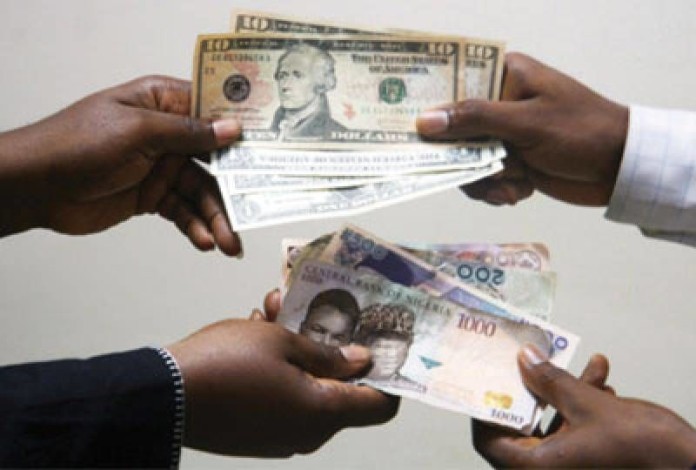Naira refuses to float, deeps N769 to a dollar
Weeks after the Central Bank of Nigeria (CBN) unified foreign exchange markets into one, the Naira has continued to weaken against other currencies.
At the weekend, the Naira fell by 0.82 percent from the N763 it exchanged for on Tuesday.
The naira opened at N758.56 before depreciating to close at N769.25 to the greenback, according to data obtained from the FMDQ Securities Exchange.
Meanwhile, the currency recorded an intra-day low of N461.50 and a high of N841 to a dollar.
The daily foreign exchange market turnover rose by 7.25 percent to $263.45 million from $245.65 million recorded in the last trading day (Tuesday).
The I&E window is the country’s official exchange rate trading platform.
It is a segment for investors, exporters, and end-users, which allows for FX trades to be made at exchange rates determined based on prevailing market realities.
The naira slide comes three days after the Central Bank of Nigeria (CBN) pegged daily transaction limits to N50,000 for contactless payment.
In a circular on Tuesday, signed by Musa Jimoh, director, CBN payments system management department, the apex bank said due to the risks associated with contactless payments, “verification and authorisation would be required for transactions above the limits”.
“Following the issuance of the guidelines on contactless payments in Nigeria and in cognisance of the risks associated with contactless payments, the bank, hereby, defines transaction limits above which verification and authorisation are required,” the circular reads.
The new policy is part of a streak of reforms implemented by the apex bank under President Bola Tinubu.
The CBN, on June 14, announced the unification of all segments of the forex exchange (FX) market, leading to the floating of the naira.
The bank later lifted restrictions on inflows into domiciliary accounts.
On June 25, the CBN also directed commercial banks to collect and verify social media handles as part of their KYC procedures.













